Exactly what it says on the tin, a little slice of Internet history, the 100 oldest registered .com domains…
Continue reading

Exactly what it says on the tin, a little slice of Internet history, the 100 oldest registered .com domains…
Continue reading
Edward Gibbon’s magnum opus, “The Decline and Fall of the Roman Empire,” published between 1776 and 1788, represents a pivotal moment in the evolution of historiographical tradition. As a cornerstone of Western historical writing, this monumental work not only chronicles the Roman Empire’s trajectory but also embodies the Enlightenment’s intellectual ideals. This essay will explore Gibbon’s methodological approach, his engagement with primary sources, and his lasting impact on historical scholarship.
Continue reading
Edward Gibbon’s sixth and final volume in his monumental “The Decline and Fall of the Roman Empire” encapsulates the waning days of Byzantium, the growing supremacy of the Latin Christian church, and the evolving dynamics of post-Roman Western Europe. With an almost elegiac tone, Gibbon charts the Byzantine Empire’s last stand against the surging Ottomans, offering profound reflections on the empire’s dissolution. This essay explores the multifaceted narratives presented by Gibbon in this climactic volume.
Continue reading
In the fifth volume of his monumental work, Edward Gibbon delves further into the labyrinthine history of the Byzantine Empire, mapping its cultural zeniths, administrative endeavors, and the relentless challenges it faced. From the Crusades to the Turkish threat, Volume V is a tapestry of fervent religious crusaders, Byzantine politicking, and shifting geopolitical landscapes. This essay aims to provide a rigorous analysis of the Byzantine Empire’s continued resilience and eventual vulnerability, as charted by Gibbon in this volume.
Continue reading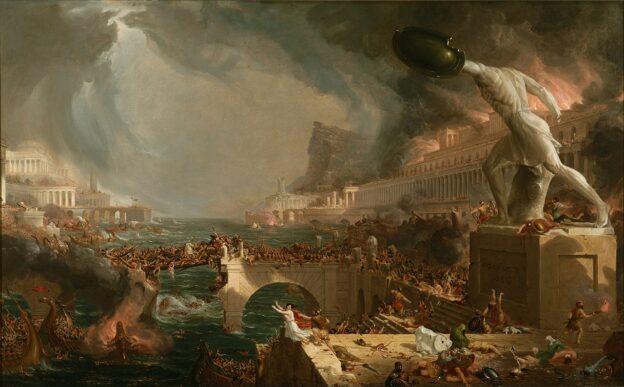
Edward Gibbon’s fourth volume of his magnum opus, “The Decline and Fall of the Roman Empire”, is a deep dive into the intricate history of the Byzantine Empire. This volume, while maintaining Gibbon’s characteristic erudition and narrative flair, unfolds a story of an empire beset by external threats and internal dissensions. From the rise of Islam to the Iconoclastic Controversy, this essay aims to distill Gibbon’s key themes and provide a scholarly analysis of the Byzantine Empire’s challenges and resilience during this period.
Continue reading
Volume III of Edward Gibbon’s magisterial “The Decline and Fall of the Roman Empire” delves into the bifurcated Roman world: the Western Roman Empire with Rome at its heart, and the Eastern Roman Empire, later known as Byzantium, with its capital in Constantinople. In this volume, Gibbon artfully weaves a narrative that spans wars, religious schisms, and the ultimate fall of the Western Roman Empire. This essay seeks to illuminate the salient themes and scholarly insights presented in this volume, elucidating Gibbon’s masterful treatment of a pivotal epoch in Roman history.
Continue reading
In the second volume of his monumental work, “The Decline and Fall of the Roman Empire”, Edward Gibbon plunges into the complexities of the Antonine age, an epoch marked by both philosophical enlightenment and geopolitical challenges. This essay seeks to unravel Gibbon’s meticulous treatment of this era, examining his insights into the philosophical currents, the dynamic frontiers, and the inexorable rise of Christianity to state primacy.
Continue reading
Edward Gibbon’s inaugural volume of “The Decline and Fall of the Roman Empire” (1776) is a seminal exploration of Rome’s peak and the nascent stages of Christianity. Gibbon’s meticulous methodology and narrative prowess paint a vivid tableau of Rome’s golden age and the onset of one of history’s most transformative religions. This essay delves into the nuances of Volume I, highlighting Gibbon’s treatment of the Roman world at its apex and the challenges posed by the advent of Christianity.
Continue reading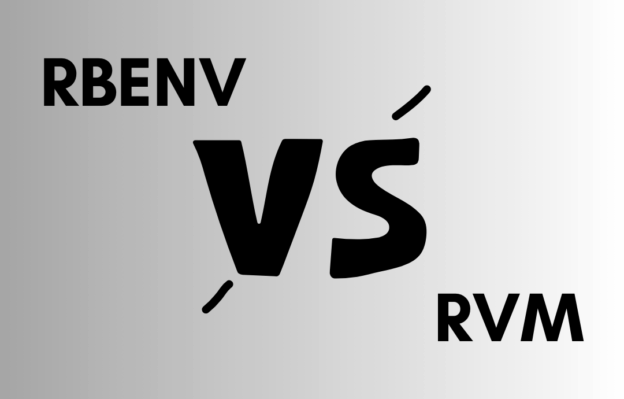
rbenv and rvm are both Ruby version management tools. They allow users to install, manage, and work with multiple versions of Ruby on the same system. Here’s a comparison of the two to help you decide which might be better for your needs. Personally, I tend to use rbenv just because I’ve had better results with it, but that’s just me, and here I offer you an objective comparison.

If you’re venturing into the world of SSH and remote server administration using PuTTY, you might come across .ppk files, which are private key files used for authentication. Leveraging these key files can provide a more secure way to connect without relying on passwords. Here’s a step-by-step guide on how to use these .ppk files with PuTTY to establish a connection to your remote server.
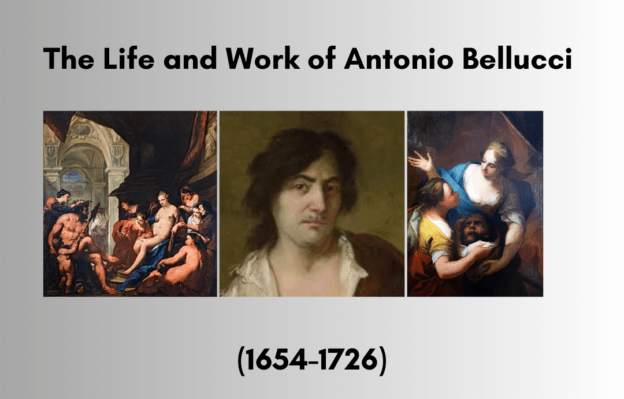
Antonio Bellucci (1654-1726) was an Italian painter, known primarily for his work during the Baroque period. Here’s a concise overview of his life and contributions to the art world.
Continue reading
Witley Court Church, also known as the Church of St. Michael and All Angels, shares a deep connection with Witley Court itself. While the church stands beside the grand ruins of Witley Court, it remains intact and is an architectural gem. Here’s a history of the Witley Court Church.
Continue reading
Witley Court in Worcestershire, England, has a rich history that spans centuries. While I will attempt to cover its history in detail, remember that the actual depth of its history could span entire books. Here’s a short overview.
Continue reading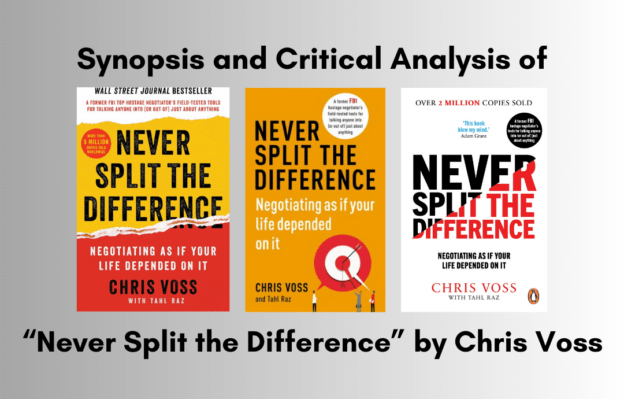
“Never Split the Difference” is a book written by Chris Voss, who is a former FBI hostage negotiator. The book outlines negotiation techniques that Voss learned during his career, especially from his experience negotiating with terrorists, bank robbers, and kidnappers. Here’s a brief synopsis followed by a critical analysis. Enjoy.
Continue reading
Metallica stands as one of the most influential bands in heavy metal history. From their thrash roots to their mainstream hits and experimental ventures, the band’s journey is filled with highs, lows, and highlights the indelible mark left by its members, especially the enigmatic genius, Cliff Burton.
Continue reading
Thomas Sowell, a renowned economist and author, has consistently been a voice in debates surrounding race, economics, and politics for over five decades. While many characterize his perspectives as conservative, it’s crucial to delve deeper and discern the essence of his arguments: a rigorous reliance on empirical evidence.
Continue reading
Reading list as recommended by Thomas Sowell, with a short précis of each book.
Continue reading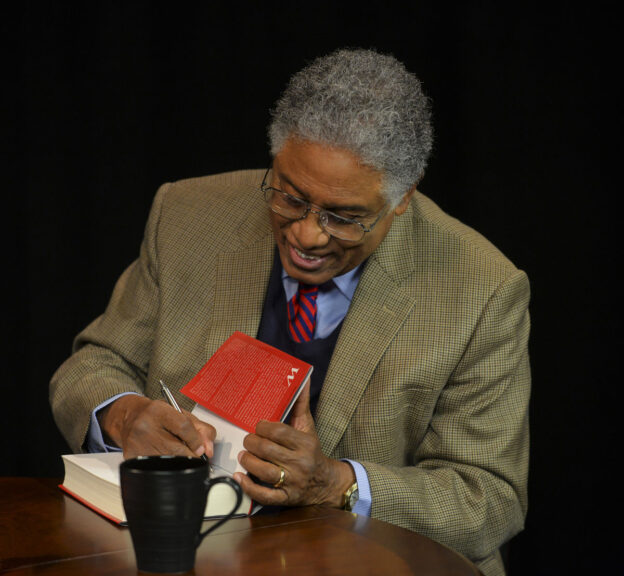
A comprehensive bibliography of Thomas Sowell with a short précis of each.
Continue reading
A critical analysis of “Charter Schools and Their Enemies” by Thomas Sowell.
Continue reading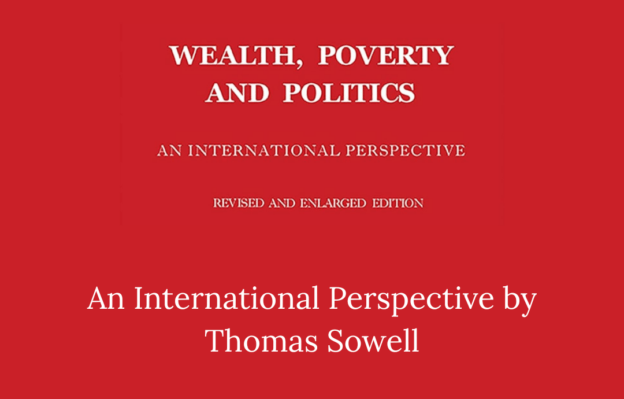
A critical analysis of “Wealth, Poverty and Politics: An International Perspective” by Thomas Sowell.
Continue reading